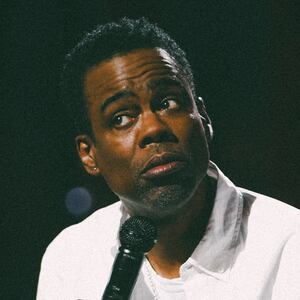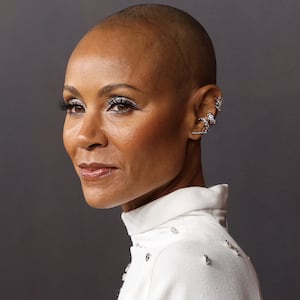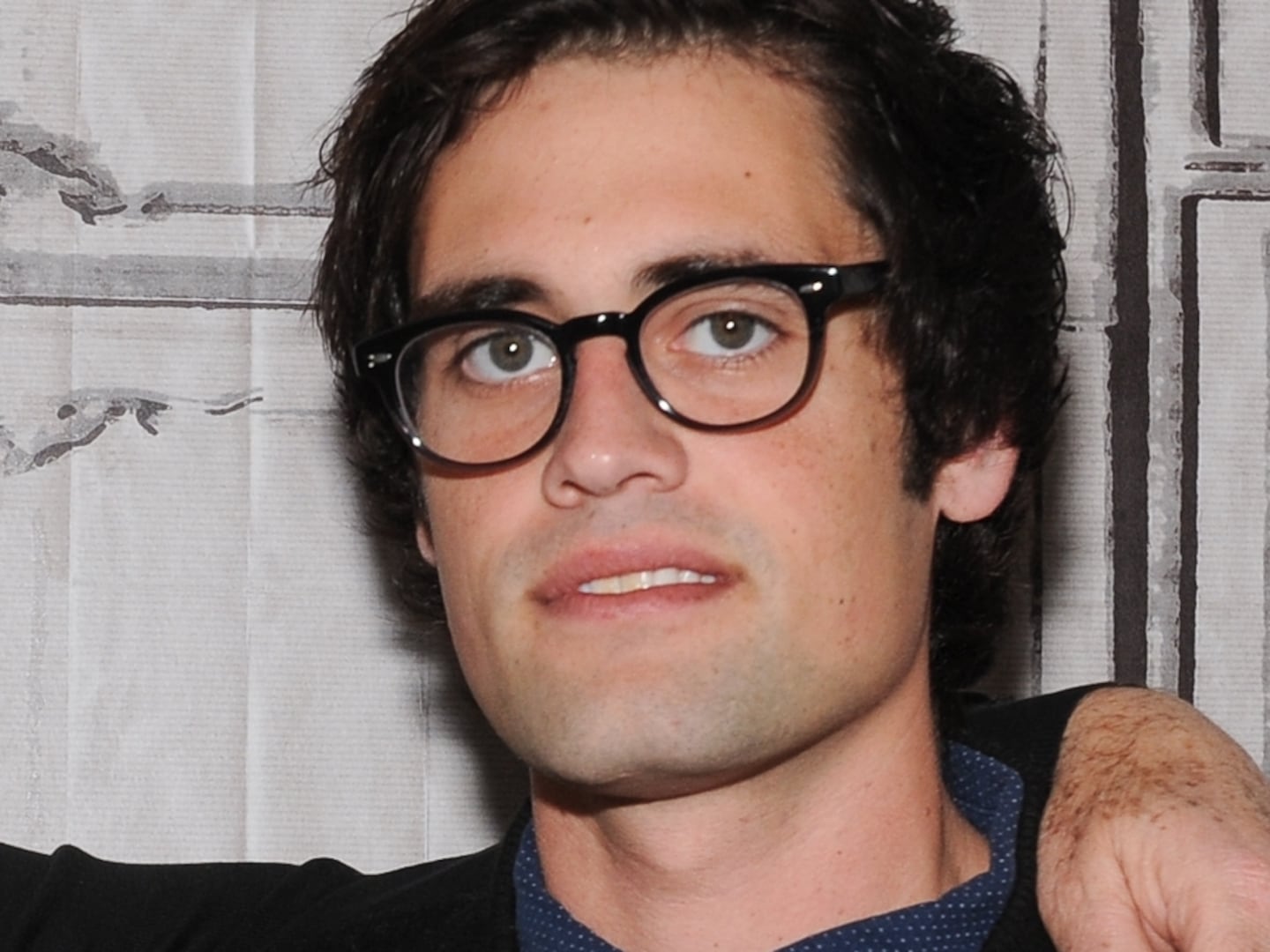You could be forgiven for believing we had moved on from Will Smith slapping Chris Rock at the 2022 Academy Awards by now.
Somehow, however, we’re back talking about it, thanks mostly to Jada Pinkett Smith’s new memoir, Worthy, which has apparently been serialized in its entirety as the media attempts to squeeze as many bombshells from its pages as possible. The book has exhumed the discourse surrounding The Slap—yep, we’re capitalizing it—from its deceptively shallow grave and, unsurprisingly, the moment’s most important context is being ignored.
In case you were lucky enough to avoid the extensive coverage The Slap received at the time, it goes something like this. Chris Rock turned up at the 2022 Oscars to present the Academy Award for best documentary feature, during which he made a remark aimed at Jada Pinkett Smith, saying, “Jada, I love you. ‘GI Jane 2,’ can’t wait to see you alright.”
The “joke,” if you can even call it that, was a reference to Pinkett Smith’s shaved head and alopecia, an autoimmune skin disease in which the immune system attacks healthy hair follicles and causes hair loss—with which Pinkett Smith has publicly stated she has struggled.
Initially appearing to laugh at the “joke,” Smith walked onstage and slapped Rock across the face, leaving the theater in stunned silence. Upon winning his first Oscar later that evening for King Richard, Smith took a moment during his speech to apologize—seemingly to everyone but Rock—but the discourse had already started.
The calls went out for Smith to be heavily sanctioned—for the Academy to strip him of his award, to dismiss him outright, and a host of other reprimands both realistic and, frankly, not so much. The noise was enough for the Academy to ban Smith from attending Academy events, including the Oscars, for ten years. Story over, right? Well, apparently, people still have a lot to say about The Slap.
It appears we are destined to postulate on the morality of The Slap forever, judging by how strongly it rebounded 18 months after the fact. But what was lost in coverage then and not mentioned now is that when Smith slapped Chris Rock, for the first time in my memory, ableism had an immediate, public, and tangible consequence.
Regardless of how you feel about the situation, Rock made an overtly ableist joke about Pinkett Smith and folks yukked it up until Smith stunned them into silence. I’m not here to suggest that makes it right.
However, as a disabled person who has watched stories like mine used solely to inspire the non-disabled, who has seen my community disenfranchised, driven into poverty, and sacrificed to a collective apathy from an ableist populace (most recently in the ongoing pandemic and the illusion of normalcy surrounding it)—as someone who has been the butt of similarly cruel jokes from all quarters, including family, simply for being disabled— watching the same ableism that has caused me, and people like me, so much suffering and pain slapped out of someone’s mouth… well, it was pretty satisfying.
This ableist context, vital as it is, has yet to make its way back into the conversation. But, when we reframe The Slap appropriately, an odd tableau emerges. Smith is banned from the Oscars for ten years for slapping Rock; yet, Rock and his ableist jokes would apparently be welcome to return. In fact, he told a stand-up audience that the Academy asked him to return as host the following year.
Looking at Rock’s career since, it’s hard to see that joke as anything but celebrated and rewarded. Where once his career was limited to appearing in Adam Sandler comedies, Rock is now on the up-and-up, releasing a 2023 Netflix comedy special in which he riffed on The Slap for clout. There’s even a Rock-directed Martin Luther King biopic on the way. It turns out—and this won’t be a surprise for any disabled readers—ableism pays.
This wouldn’t be unusual, say, in the rush to rehabilitate Louis C.K. or J.K. Rowling’s continued prominence. Except, Rock was never canceled. He made fun of disability so no one—except Will Smith—cared.
It would be deeply frustrating if it wasn’t so common. When we talk about prejudice, equality, equity, and ultimately justice, disabled people are always left out. When we talk about Will Smith slapping Chris Rock, we talk about sexism, toxic masculinity, and violence; we see a baying crowd desperate to see Smith brought down a peg, but we don’t talk about disability or ableism.
When you’re able-bodied, that’s fine because you can only see what Will Smith did as violent and you’re able to forget the foundation of violence Rock laid down beforehand. But as a disabled person watching this discourse emerge once again with its most important context removed, it’s both frustrating yet completely expected to see Rock practically rewarded for the ableism that set this all in motion.
Which is why, as nice as it would be if we could move on from The Slap nearly two years later, maybe we shouldn’t. Maybe we should keep talking about it because it’s clear, as the ableist context surrounding it remains removed from the conversation, that the chances of ableism being so pointedly addressed again—in the moment, publicly, and with so immediate in effect—are vanishingly small.
In a 2023 in which we watch the disabled populace decimated by COVID, our stories continue to be framed for the nondisabled, and policy doom us to poverty, maybe we should be cherishing The Slap.









